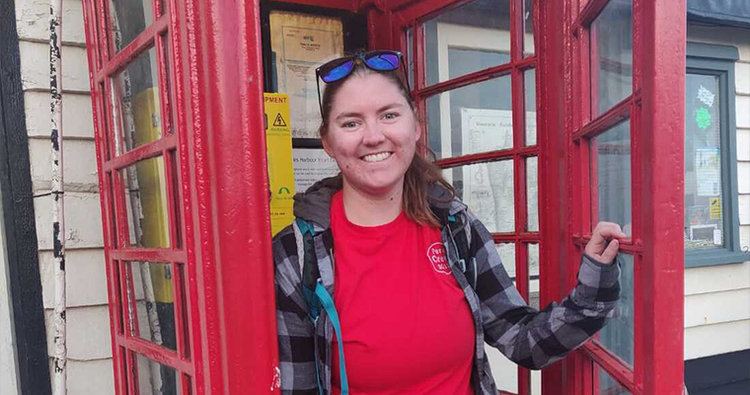Creating Sustainable Trails Within The Niagara Peninsula Aspiring Global Geopark: A Case Study Focusing On Indigenous Knowledge
Kate Stewart is a recent Graduate of Brock University’s Masters of Arts in Geography. Her research focused on the creation of a sustainable Indigenous trail within the Niagara Peninsula Aspiring Global Geopark. With supervision from Dr. David Fennell and second reader Dr. David Brown, the research integrates significant Indigenous locations, history, and culture with education and sustainable tourism in the Niagara Region.
The area of research includes the Niagara Geopark and many present and potential Geosites included within the area. Quantitative and qualitative data and Geographic Information Systems (GIS) are also used to determine different Indigenous locations, providing a route for tourists to follow.
The ‘trail’ highlights Indigenous trade routes from 1770, sites of historical significance, museums, education, and history. The sustainable Indigenous trail highlights all landscapes and counties within the Geopark Boundary.
Sustainable tourism development has gained popularity over the start of the twenty-first century. Destinations have since incorporated sustainable tourism development into many sectors, increasing economic, environmental, and cultural awareness of the location. Kate’s important work proposes an analytic description of how to create sustainable trails, infrastructure, and make recommendations for continuous geo-heritage tourism development in Niagara.
Below is Kate’s work on Niagara’s Indigenous Trails.






















